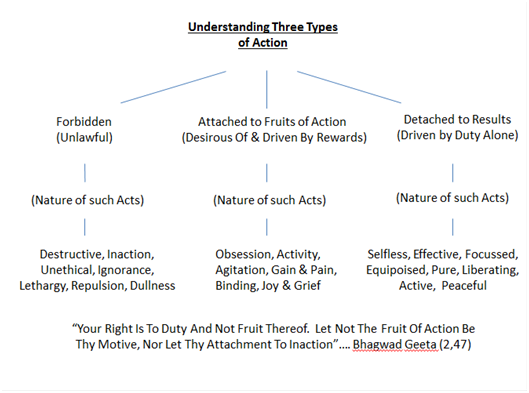Success needs coordinated efforts. Organizations need to learn coordination from nature and human body. These two are God’s finest examples to draw lessons from. We know of successful and progressive organizations, also do we know of unsuccessful ones. Harmony, equilibrium, alignment and order indicate one set of companies while conflict, disarray and chaos would tell story for another set.
Every system has a soul. Human soul is symbolic of collective consciousness, performs no function yet carries imprints of our thoughts and deeds from one birth to another. Similarly organizations have their values, culture and tenets ingrained in their day to day practice
Let’s see how human body functions in coordination. The blood that heart pumps is purified by kidneys, while lungs oxygenate it. Heart speeds up the supply of blood by beating faster if body so requires while we exercise. Near one dozen systems like nervous, respiratory, circulatory, digestive, endocrine etc. work in tandem such that each serves the common purpose of keeping the body healthy. On any single day our blood travels 168,000,000 miles. Some 100 billion nerve cells are busy with 10 quadrillion functions per second. The number of veins and cells in trillions are mind boggling. A single organ failing to deliver its function impacts the whole system. Diabetes is nothing but failure of pancreas to produce insulin. We all know how diabetes affects kidneys, eyes and other organs and systems if left untreated. Thus, what is true for human body is true for the organization. A single department or desk failing in its function could fail the entire organization. It is important to remedy the error quickly. Just like those in pink of health have all organs working at their best, so have the best organizations their staff and systems work.
Coordination is the essence of management, and who better to teach it to us than nature itself. While managements have to put in concerted efforts to coordinate, nature needs no effort as such. Coordination as quality is inherent in its very being. It is a great team work among sun, sea, earth, wind, clouds, rains and crop. You can remove none out of the link, each working in unison with the other. The balance among them sustains life on earth. Timelines ensure rains in monsoon and snowfall in winter. Disruptions in the cycle cause drought and floods. Flora and fauna are like companies and clients, inter-dependent on each other.
Coordination integrates synergies in organizations and unleashes exponential energy uplifting business, employees and society at large.


Recent Comments